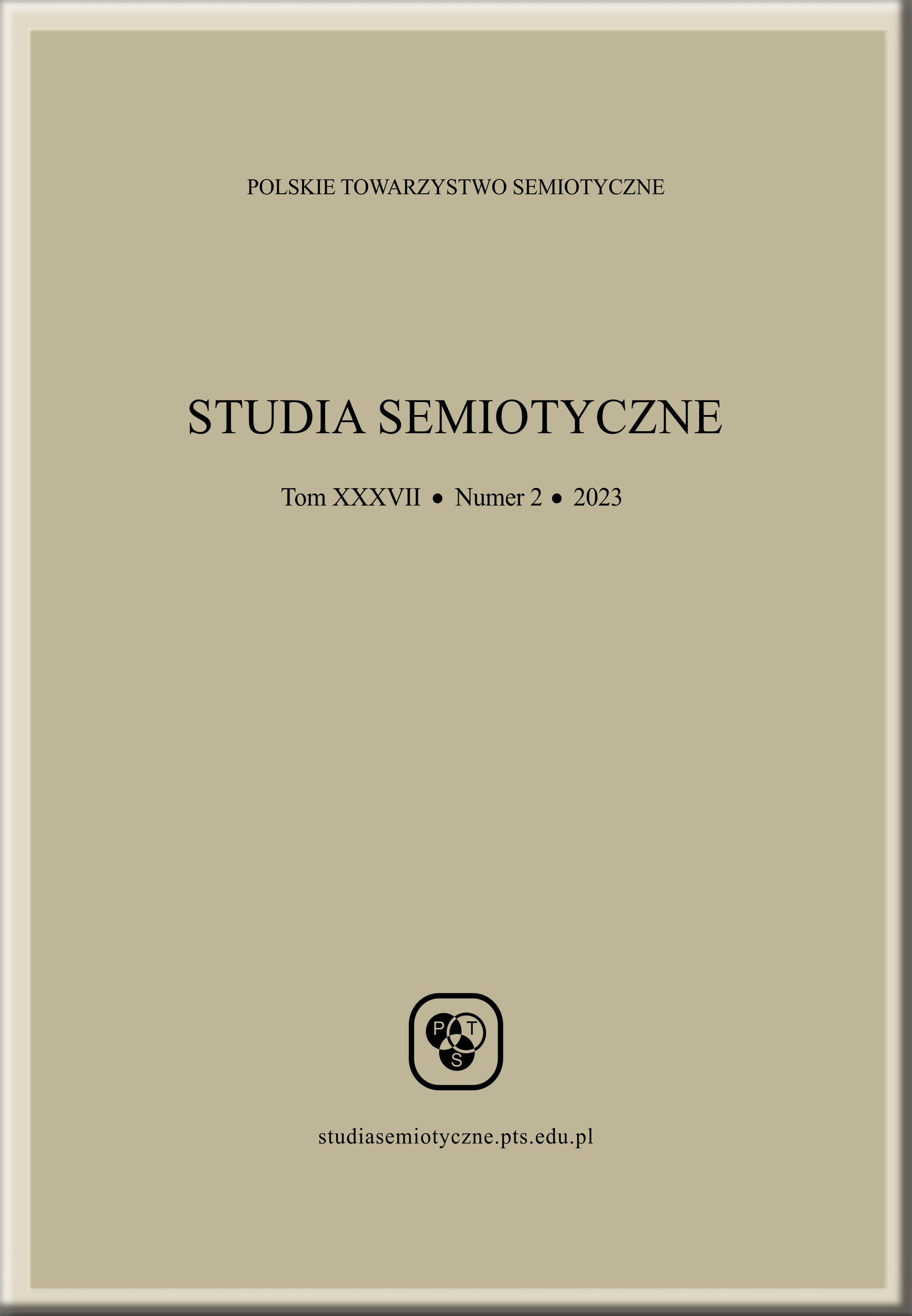DESIRE CONTENTS AND TEMPORAL ADVERBS
DESIRE CONTENTS AND TEMPORAL ADVERBS
Author(s): DANIEL SKIBRASubject(s): Philosophy of Language
Published by: Polskie Towarzystwo Semiotyczne
Keywords: attitudes; content; tense; temporalism; eternalism; operators; temporal pronouns; desire ascriptions;
Summary/Abstract: In this paper, I endorse and discuss “desire temporalism”—the view that desire contents are temporal. Though it makes a claim limited to desire contents, it is considerably stronger than standard temporalism (at least, when it comes to desires), which is simply the view that there are temporal contents. Having introduced desire temporalism, I focus on a potential objection to it. The objection proceeds from the plausible observation that desire ascriptions with certain kinds of temporal adverbials can serve as counterexamples to desire temporalism. This is so if temporal adverbials denote times which correspond to the time indications in the ascribed attitude content. I respond to this objection by arguing that these temporal adverbials do not play such a role—instead of corresponding to time indications in the desire content, we can see them as contributing to the circumstance of evaluation relative to which the content is assessed. This would allow desire temporalism to evade the objection. Looking for a way to implement this idea, I consider Brogaard’s (2012) composite tense operators as a promising avenue to explore, but opt instead for an approach to tense more popular in formal semantics, according to which tenses are temporal pronouns. In the final section of the paper, I show how this pronominal theory of tense can be pressed into service of just such a claim as advanced earlier, so we have a way of evading the challenge posed by these time-denoting temporal adverbials.
Journal: Studia Semiotyczne
- Issue Year: 37/2023
- Issue No: 2
- Page Range: 101-140
- Page Count: 40
- Language: English

